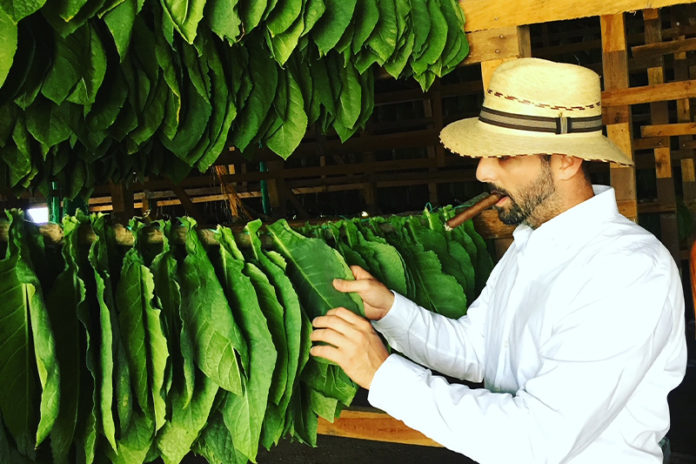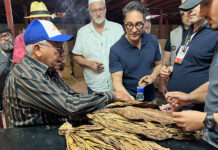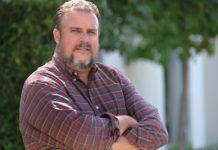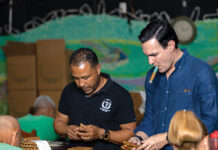Do you know why you’re in business? Do you understand why your work is important? These questions are often overlooked as most professionals get hung up on matters of “what”—what are you making, what will it take to hit a certain quota, what needs to be done to get from one stage to the next? While those are important questions, without understanding why, most will come short of achieving their overall goals.
Danny Difabio is someone that understands the importance of finding out the “‘why” of a business. He comes from a long line of tobacco entrepreneurs. In 1947, his family began cultivating tobacco that was used by many different manufacturers in Cuba. When his family emigrated from Cuba in the 1970s, they had to leave behind their tobacco business as they acclimated to life in a new country. His grandparents got back into the industry with the launch of Rodriguez Cigars in 1984, a brand manufactured on the island of Key West, Florida.
It took Difabio asking his grandfather some years later why he’d chosen to launch Rodriguez Cigars for him to understand his family’s business motivations. Knowing why the business began and was important to his grandfather helped Difabio find his place within his family’s business and help take it to the next level.
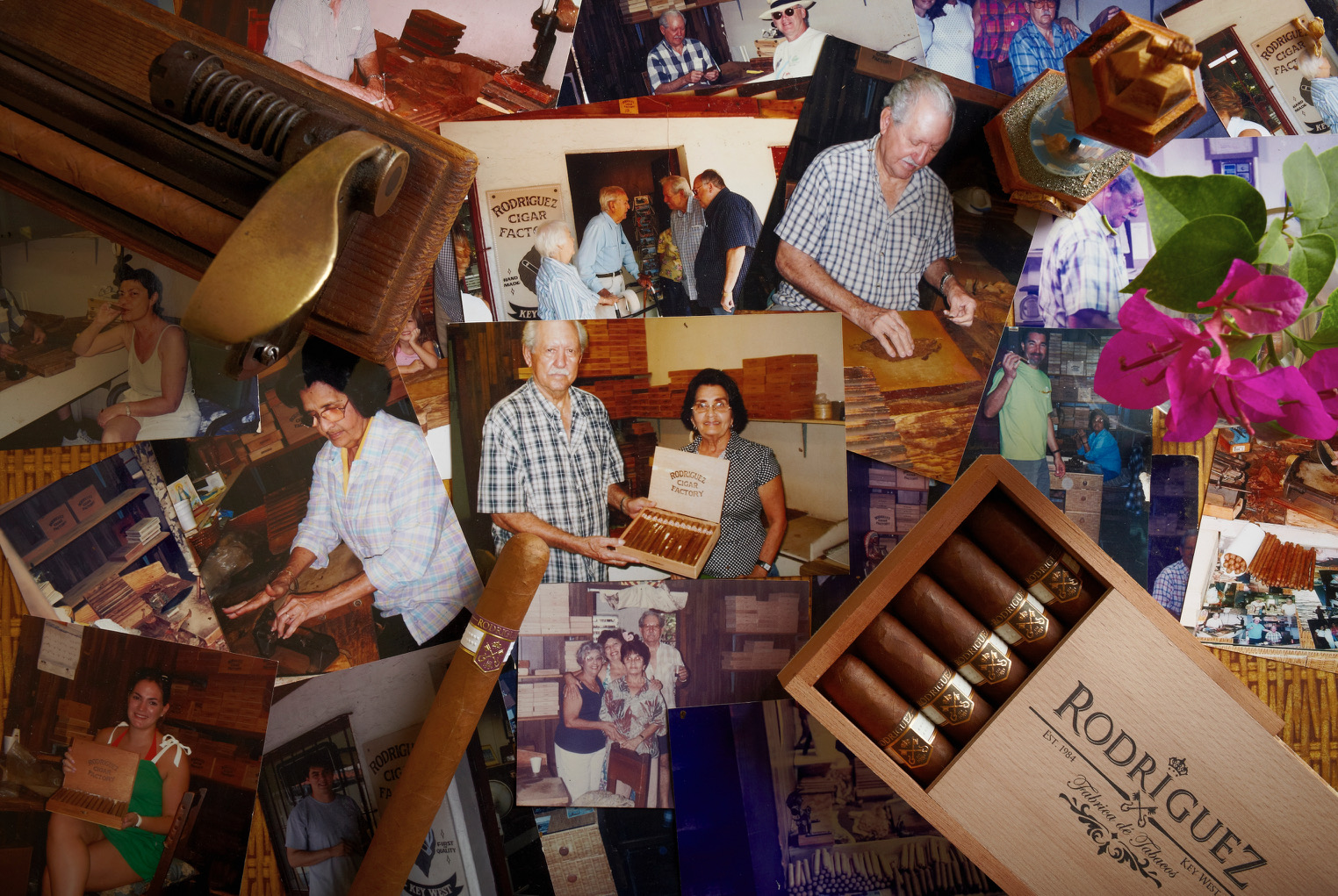 Understanding Why
Understanding Why
Difabio’s family is full of entrepreneurs. His grandfather was a businessman and an American franchisee of Texaco; his grandmother’s side of the family had made tobacco their primary business focus since the mid 1940s. “They cultivated tobacco on a farm called La Finca de Carmencita in Cuba in the province of Las Villas,” he explains. “They primarily grew filler tobacco: ligero, viso, seco.”
In 1971, Difabio’s family fled Cuba and started over in America. While his grandfather attempted to support his family through other jobs over the years, he realized that tobacco was what he knew best, and in 1984, he began manufacturing cigars in Key West. Difabio describes his grandfather as a man who wanted to provide for his family and a man who preferred to keep things simple. Difabio himself didn’t get into the business until it had been established for several years. Originally, he had no real desire or ambition to join the family’s cigar business. He didn’t smoke his first cigar until he was 17 or 18 years old, and all he remembers about that experience was that it was one he shared with his grandfather.
After he graduated from college around 2009, Difabio sold cars, and while it was a good job and gave him sales experience, he wanted more from his professional career. His mother had ties to the medical industry, and Difabio wanted to find a job working with pharmaceuticals. As he pursued his professional dreams, he also found himself disenchanted with corporate America and decided to return home to Key West and join the family’s tobacco business. While Difabio was well aware of the business’s existence, what he didn’t understand at the beginning was why the business was important to his family and why his grandfather, who was nearing his 80s, was still so driven and motivated by it all.
“It’s crazy to think, but at first I didn’t see myself in this business. Then things dramatically changed,” Difabio explains. “I started to ask my grandparents questions. I wanted to know about our family history of tobacco in Cuba, and then as I was listening I started falling in love. I fell in love with who we were and what my family was part of! As a first-generation American on my mom’s side, I finally started to realize the sacrifices my family made by fleeing their home country to come to the U.S.A. This business was how my grandparents supported our family, and so I felt that it would be an honor to fill those shoes of sacrifice with love and respect. It resonated with me to believe that I could keep the family business going and to pay tribute to my grandparents for making that sacrifice to allow generations after him a better life. I found my purpose.”
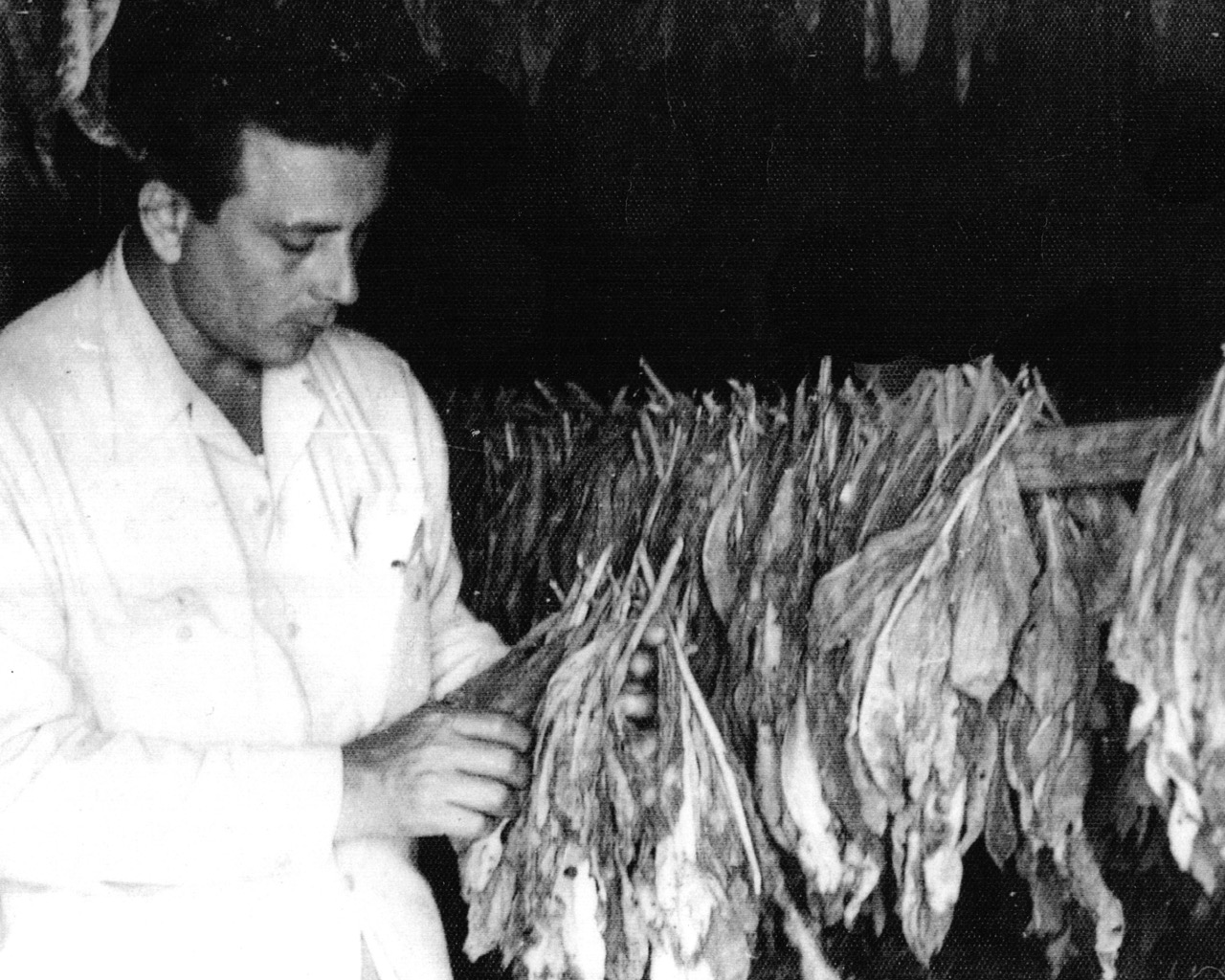
Understanding the history of the cigar industry in America and how the family’s business fit into it also helped Difabio connect with his new line of work and understand the importance of the cigars that the family was making. Many know of the importance that Tampa has to the cigar industry, but few, Difabio realized, knew the significance of Key West to cigar manufacturing in America. Long before Tampa, cigarmakers flocked to the island of Key West because of its proximity to Cuba. By 1875, 30 million cigars were being produced in Key West alone. One of the most prominent cigarmakers who had set up business in Key West was Vincente Martinez Ybor, the man who went on to found Tampa’s popular Ybor City neighborhood. As one of Key West’s top cigar manufacturers in the late 19th century, Ybor and other manufacturers imported tobacco leaves from Cuba, made the cigars in Key West and then shipped them to Tampa to be distributed and sold elsewhere.
Two major historical events altered the course of the early American cigar industry. The first of those events occurred on April 1, 1886, when half of Key West’s commercial district was wiped out by a fire that burned for more than 12 hours. The fire caused more than $2 million in damages, and insurance only covered $50,000 worth of needed repairs. The cause of the fire was suspicious, or “industrial espionage,” as Difabio refers to it as. Later, a hurricane in 1891 devastated the island, leading many of Key West’s tobacco manufacturers to realize there were far more risks than benefits to having their businesses based on the island.
With many of his distribution channels established in Tampa, Ybor decided it made sense to move all of his business there. He led a mass exodus of cigar businesses from Key West to Tampa, leaving the once center of America’s tobacco industry without its heart and spirit. When Difabio learned of this history, he suddenly understood the vital role Rodriguez Cigars had to not only his family but also to Key West and the cigar industry as well.
Understanding that Rodriguez Cigars was carrying on a tradition of cigarmaking in Key West served as fuel for Difabio, who found himself now obsessed with learning more about his family’s history, tobacco, and cigarmaking. Difabio understood his grandfather’s why and had learned a valuable lesson in the process: Even as a manufacturer, motivation couldn’t come from a selfish, inward place. The best manufacturers were driven by a love for the history of their industry and a desire to consistently put out quality products. Understanding why his family was in the cigar business was exactly what Difabio needed in order to fully embrace the task that lay before him.
How Cigars are Made
Difabio is responsible for taking his family’s very traditional business into the future. Making a cigar is a complex process with many steps, and one thing Difabio quickly came to realize is that every step and phase in cigarmaking required a lot of love and attention. His family’s name and history was attached to this product, and Difabio knew a lot of consideration had to be given to the entire production process in order for the business to grow. Rodriguez Cigars was more than a maker and seller of cigars. It was a complex operation that respected all facets of the tobacco business, from seed to shelf. Its very existence also honored Key West’s long tradition of cigarmaking. As the last remaining cigarmakers in Key West, the team at Rodriguez Cigars serves as an ambassador of sorts, connecting the island’s many visitors to its deep roots in tobacco.
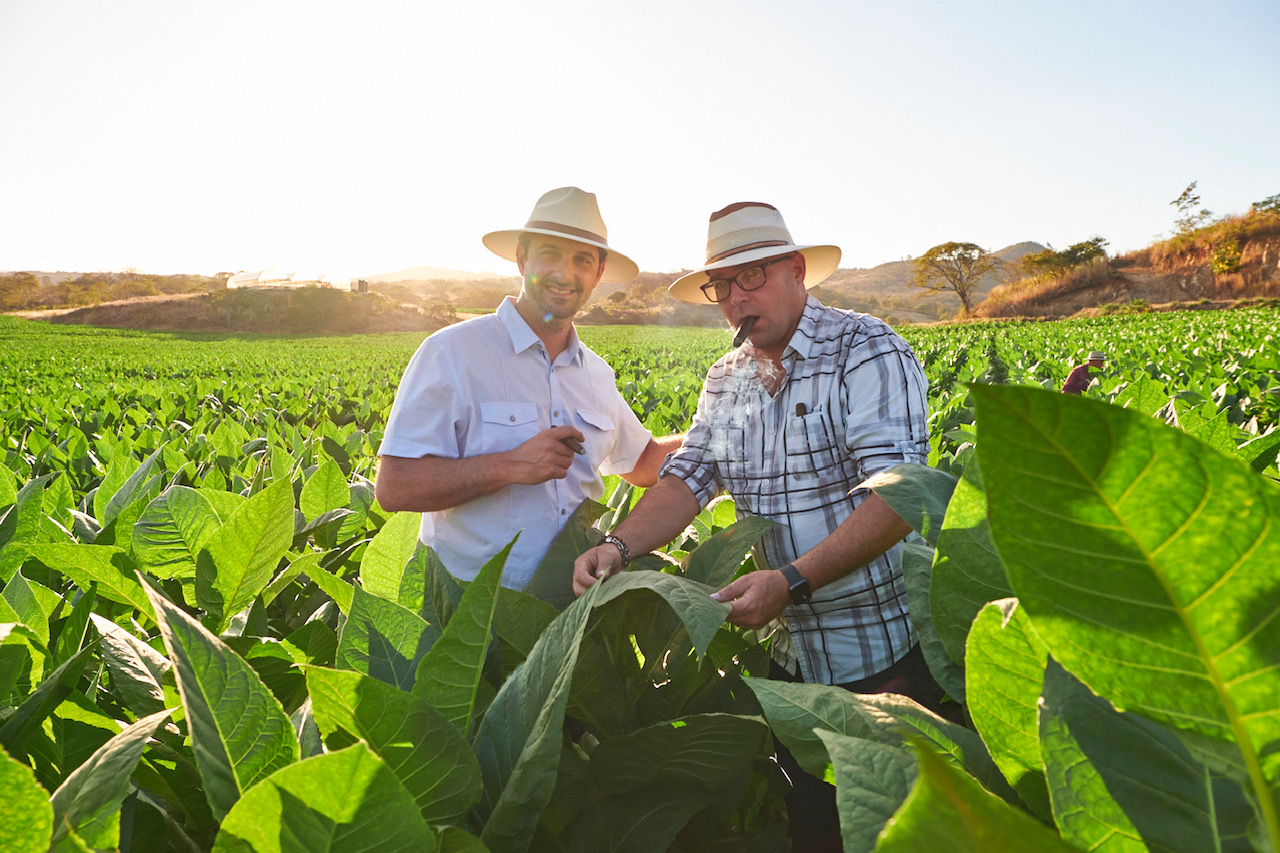
When it comes to cigarmaking, Difabio considers the actual blending process to be his favorite part of the business—and the most difficult. When working on new blends, Difabio takes the same approach he took with starting in the tobacco business: searching for and identifying meaning behind the work.
“I want to be inspired when creating a new blend, so I will start by figuring out what to call it and how it pertains to our family brand,” he explains. “I do not like to create a blend just to create one for our supporters. There has to be a purpose.”
The blending process continues as a collaboration, with Difabio bringing together his team at Rodriguez Cigars to decide what seed lines and primings they all want to work with.


